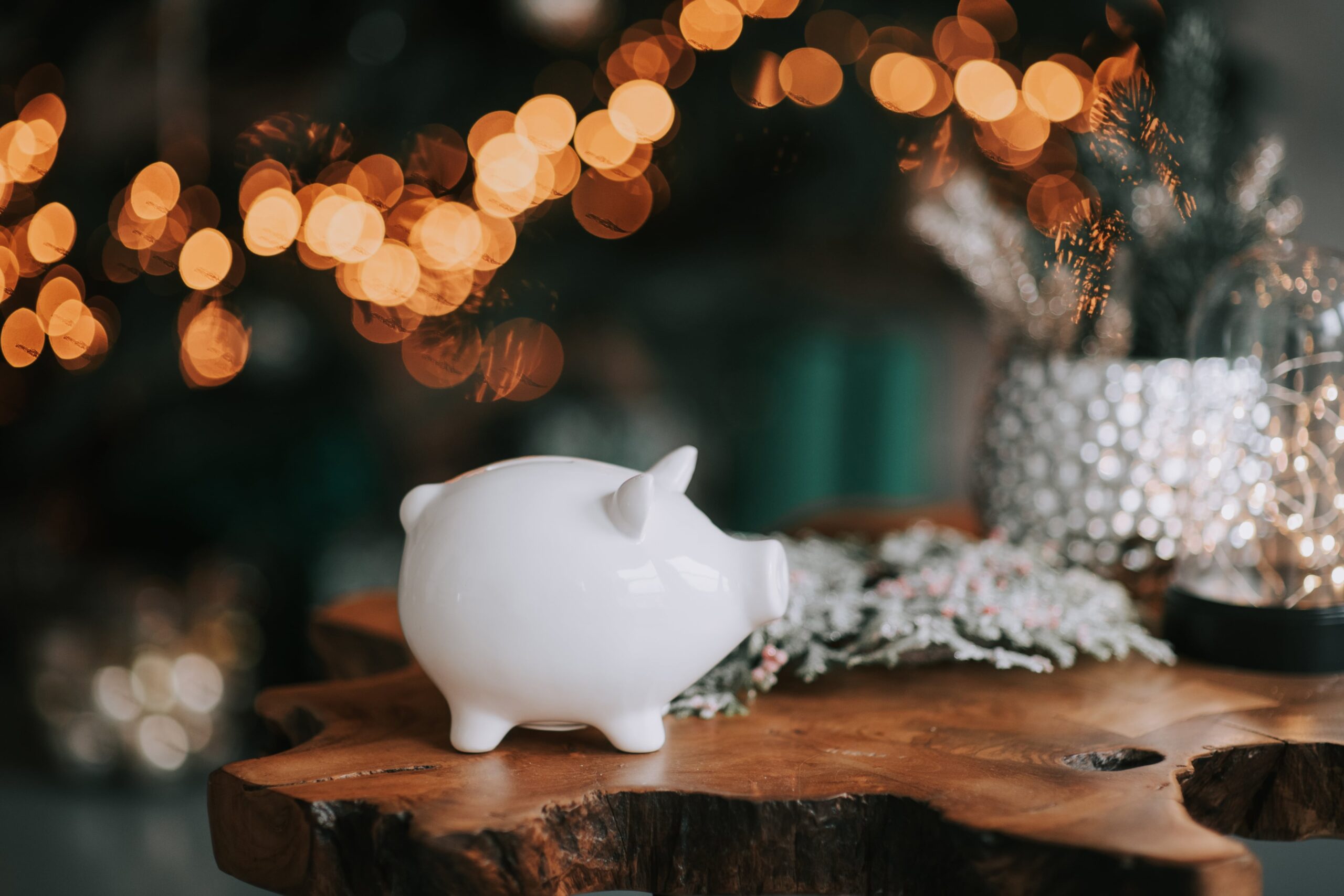The festive season is always an expensive time and with the cost of living spiralling, Christmas 2022 was even more financially challenging than most. So what should you do if you spent too much at Christmas?
Forgive yourself
If you overspent this Christmas, the first thing to do is try not to beat yourself up about it.
There will be many people in the same situation as you, especially at the moment because there were so many unexpected increases last year, including food, fuel and energy costs.
This made it particularly difficult to budget and will have caught many people by surprise.
Also, it was all the more tempting to spend more and create memories after the last few years when many Christmas celebrations were cancelled or scaled down due to Covid lockdowns and restrictions.
One of the reasons I started the Christmas Organised blog was because I didn’t plan my finances and used to end up in debt in January – so, honestly, don’t be ashamed.
Most of us are in this situation at some point in our lives and it’s something that can be fixed if you use your time and energy positively to get your finances back on track.

Stop spending
When you know your money situation is in a bit of a pickle it can be tempting to think the damage is done, bury your head in the sand…and continue spending.
Try not to do this as all it does is delay the inevitable – and it will be harder and take longer to fix your money problems.
Instead, as soon as you realise you’ve overspent, stop spending on anything other than essential items (for example rent, food), stop spending on credit cards if you can, and start to regain control.
Work out how much you’ve overspent by, how much debt you have, and make a list of your regular financial commitments.
I find it can help me stick to a budget if I put physical cash in an envelope and use that for anything I need to buy rather than paying via card, but find a simple system that works for you.
Pay off your debts
If you owe money on credit cards or personal loans, look at how you can pay off the debt as quickly as you can to avoid paying hefty interest.
Take a fresh look at how much interest you’re paying and pay off the most expensive debt – or if there’s a smaller amount you can pay off quickly and it would help you feel like you’re making progress, then go for that first.
It can also help to move debt to a card offering a 0% interest rate on balance transfers, or you might find a personal loan that works out cheaper than using a credit card.
Keep a note of when payments are due so you don’t miss them and incur further charges.
If you think you’re going to have trouble paying your debts on time, it’s best not to ignore the problem.
Contact the companies you owe money to and explain the situation. Some may be willing to help, for example by giving you more time to pay.

Find ways to spend less
Go through your bank and credit card statements line by line and question whether each transaction is essential or not – or could be reduced.
Are there meals out and takeaways you could cut back on by cooking more at home?
Do you buy hot drinks and sandwiches from coffee shops? Consider taking a flask and homemade snack with you.
Could you shop at a cheaper supermarket?
Are there music or TV subscriptions you could cut back on or do without for a while?
Do you make use of cashback websites like Topcashback and Quidco when shopping online?
If you notice you have a habit of making impulse purchases when shopping, ditch the cards and carry cash instead so you can’t spend more than you can afford.
Review your spending on things like car and home insurance. When did you last move to a new company or negotiate a new rate with your existing providers?
Premiums have a habit of increasing every year, so if you haven’t switched recently you may find you can make significant savings.
Every penny you save will help you free up cash to pay off your debts more quickly.
Sell or return anything you don’t need
Have a good look through recent purchases and decide if you really need what you’ve bought. If not, check the receipt to see if you can return it and get your money back.
Alternatively you can sell your stuff – both new and old – on sites like eBay or Facebook Marketplace to help recoup some cash.
Start saving
Once you’ve paid off your debts, start putting at least some of the cash you found to make those payments into a savings account.
If you have a stash of cash you can use to tide you over at expensive times, you’re less likely to get into debt again.
When you use some of this cash buffer, make sure you pay it back so it’s available to you next time you’re caught short.

Plan for Christmas 2023
It can help keep spending in check if you create a detailed Christmas budget – and stick to it! Have a read of my Christmas budgeting blog which includes loads of tips on how to go about this.
It’s so easy to fall back into old habits – so having a financial plan early in the year is super important.
I also recommend starting your Christmas shopping as soon as you can afford to (and after you’ve paid off any debts!) as it helps spread the cost of the festive period over months rather than weeks or days.
Seek support and advice
I hope these tips help you get on top of your finances if you overspent this Christmas.
Remember – it can happen to anyone (it happened to me!) and the sooner you take action the quicker it’ll be sorted out.
Good luck.
Alex x
Please note I’m not a financial adviser, and you should seek advice from someone qualified (and fully independent) if you’re struggling with debt.
There are lots of organisations who can provide support, including Citizens Advice, StepChange and Money Saving Expert.